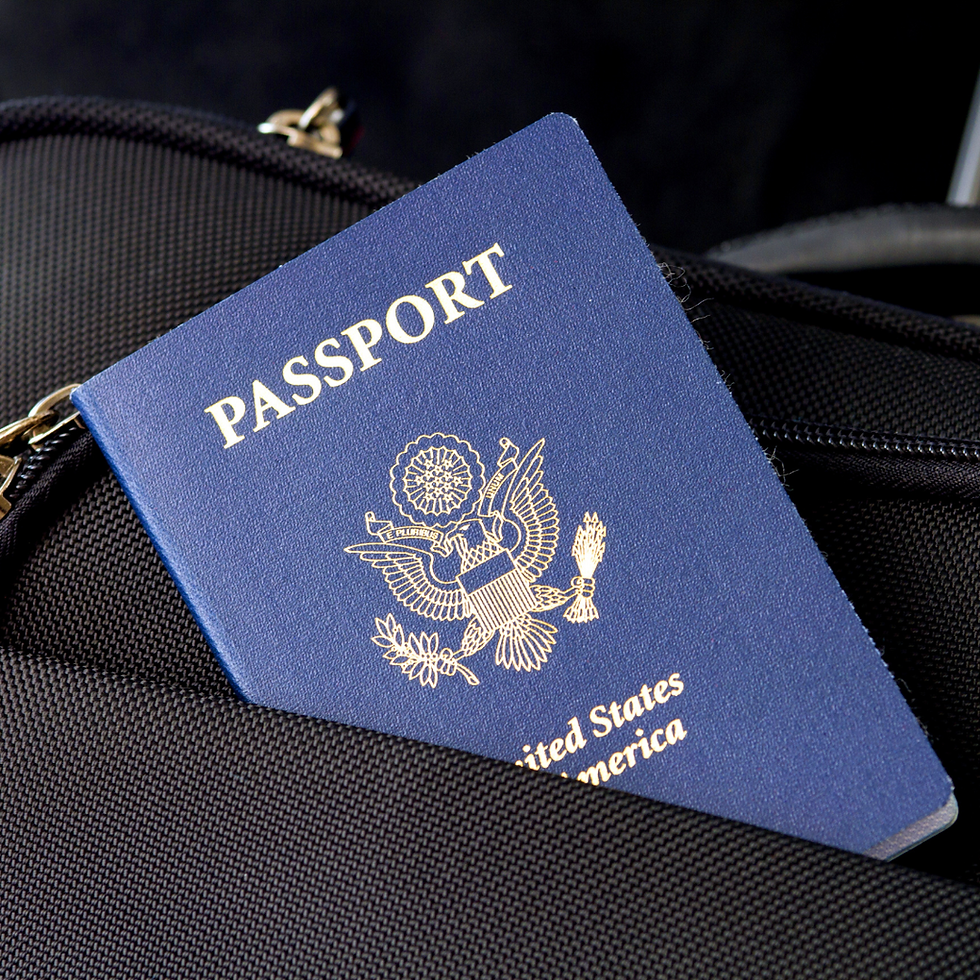How to Apply for the Digital Nomad Visa for Spain from Your Home Country
- Servando Espanol
- 10 ene 2025
- 3 Min. de lectura
Actualizado: 18 nov 2025

Spain has recently introduced a new visa designed for digital nomads – professionals who can work remotely for clients or companies located outside of Spain. This exciting move offers remote workers the chance to live and work in one of the most desirable European countries. But how exactly do you apply for the Digital Nomad Visa if you’re currently living outside of Spain? Here’s everything you need to know to kickstart your journey.
1. Understand the Digital Nomad Visa Requirements
Before diving into the application process, ensure that you meet the eligibility criteria:
Proof of Remote Work: You must be employed or self-employed with a foreign employer or client. Spain requires proof that your work income is primarily sourced from outside Spain.
Minimum Income: You need to prove that your income is at least 2,000 euros per month, though this figure may vary depending on the applicant's circumstances.
Health Insurance: You’ll need proof of valid health insurance covering your stay in Spain.
No Criminal Record: Applicants must not have any serious criminal convictions, especially those related to terrorism or organized crime.
These are the foundational requirements that must be met before proceeding with your visa application.
2. Gather the Necessary Documentation
The next step is assembling the required documents to submit with your application. These include, but may not be limited to:
Completed visa application form (form EX-01)
Valid passport with at least 1 year of validity
Proof of remote income: Bank statements or contracts with clients showing that your income is derived from outside Spain
Proof of health insurance: This must be valid for the entire duration of your stay in Spain
Proof of no criminal record in your home country and/or any country where you’ve lived for the past five years
Proof of accommodation: A lease, property ownership document, or a rental agreement can suffice
Cover letter explaining the reasons you wish to move to Spain
3. Schedule an Appointment at the Spanish Consulate
Once all of your paperwork is in order, you need to schedule an appointment with the Spanish consulate or embassy in your home country. Consulates may vary in processing times, so it’s important to book your appointment well in advance. Be prepared to pay the visa application fee during this appointment.
4. Submit Your Application
On the day of your appointment, ensure you bring all necessary documents. Once submitted, the consulate may ask for further documentation or clarification. It’s important to follow up to avoid any delays. Visa processing may take several weeks, so patience is key!
5. Wait for Approval
After submitting your application, the next step is waiting for the official decision from the consulate. If approved, the digital nomad visa typically lasts for one year and can be renewed based on certain conditions, such as continuing employment abroad and meeting the income requirements.
6. Final Steps After Approval
Once you receive your visa, make sure to register with the local municipal office (empadronamiento) in Spain within the first few weeks of arrival. Additionally, if you plan to stay for longer than 6 months, you must apply for a residence card for foreigners (TIE).
The Digital Nomad Visa for Spain presents an excellent opportunity to live and work in one of Europe’s most culturally rich destinations. However, keep in mind that this process requires preparation, organization, and compliance with Spanish immigration laws. Follow these steps, stay patient, and soon enough, you could be enjoying the Mediterranean lifestyle while working remotely from one of the best places on earth.
Schedule a free consultation call with an immigration lawyer today to assess your eligibility and get expert advice tailored to your needs!




Comentarios